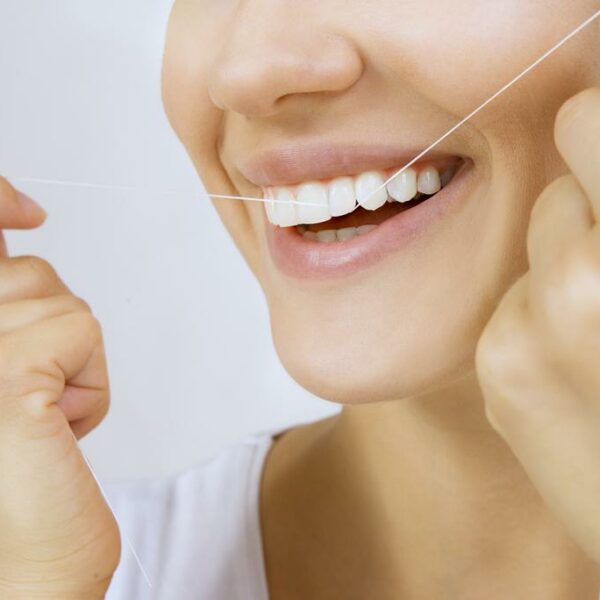
How to Choose the Right Sanitary Pads
During your periods, the right sanitary pads can help prevent leakage and the staining of your clothes. Plus, sanitary napkins help you maintain hygiene and are safer and more convenient than cloth pads. But what you need to remember is that not all sanitary pads are the same. They are available in different shapes, sizes, materials and features that make them distinct. What to consider while choosing pads? Whether you experience heavy bleeding or light bleeding mostly Whether you experience heavy flows at night or not The kind of clothes you usually wear The kind of activities or work you do Type of body or hips you have How frequently you will be able to change your pad The more you try and match a pad’s features with your needs, the better your period days will be. Thick or thin While thick pads don’t show through skirts, they can become evident when you wear tight pants or jeans. Excessively thin pads, on the other hand, might tear with rough usage or when you are doing severe activities. Size and shape Some reputed brands offer pads as per underwear sizes, like small, medium and large. You can also choose from ones that offer extra back to back coverage for heavy flows or night-time usage and panty liners that are suited for light flow.

